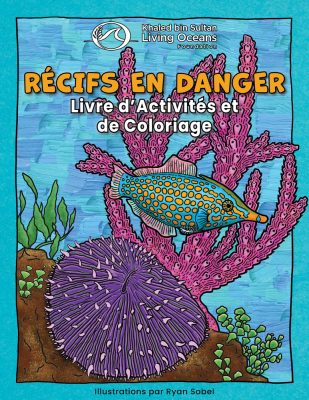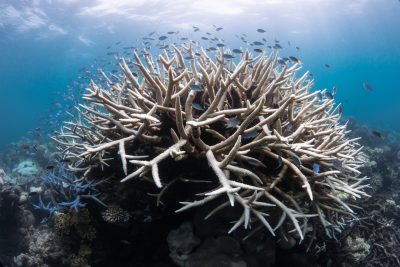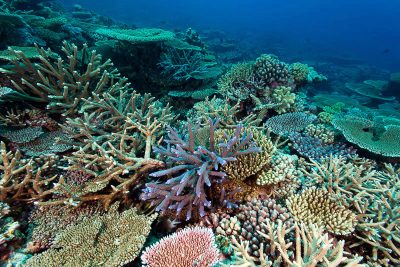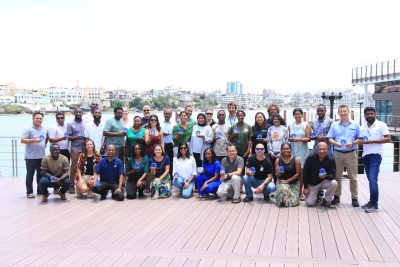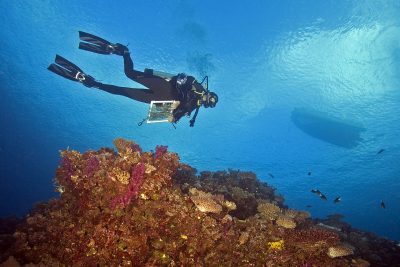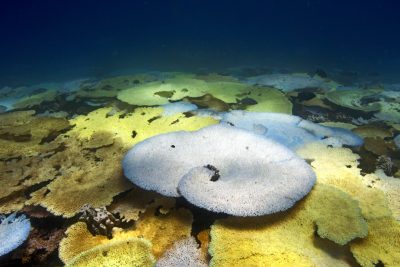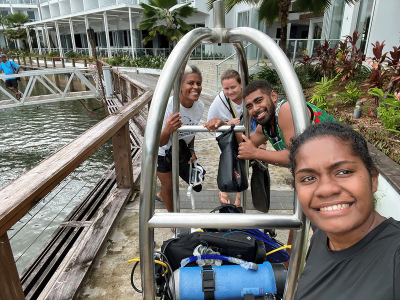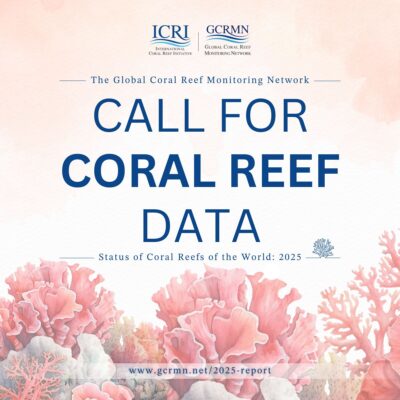
Contributing to the 2025 Status of Coral Reefs of the World Report: A Call for Data
The Khaled bin Sultan Living Oceans Foundation is honored to partner with the Global Coral Reef Monitoring Network (GCRMN) on the upcoming “Status of Coral Reefs of the World” report, which we plan to release next year. This report is an essential tool

